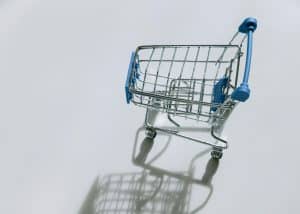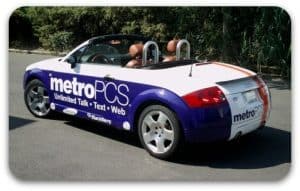Imagine reaching your ideal customer at the exact moment they’re near your store, ready to make a purchase. What if your advertisements could adapt to a consumer’s real-time location, offering personalized deals as they move through their day? Welcome to the world of location-based advertising—a strategy that’s transforming how brands connect with audiences in meaningful, contextually relevant ways.
How Location-Based Advertising Works






